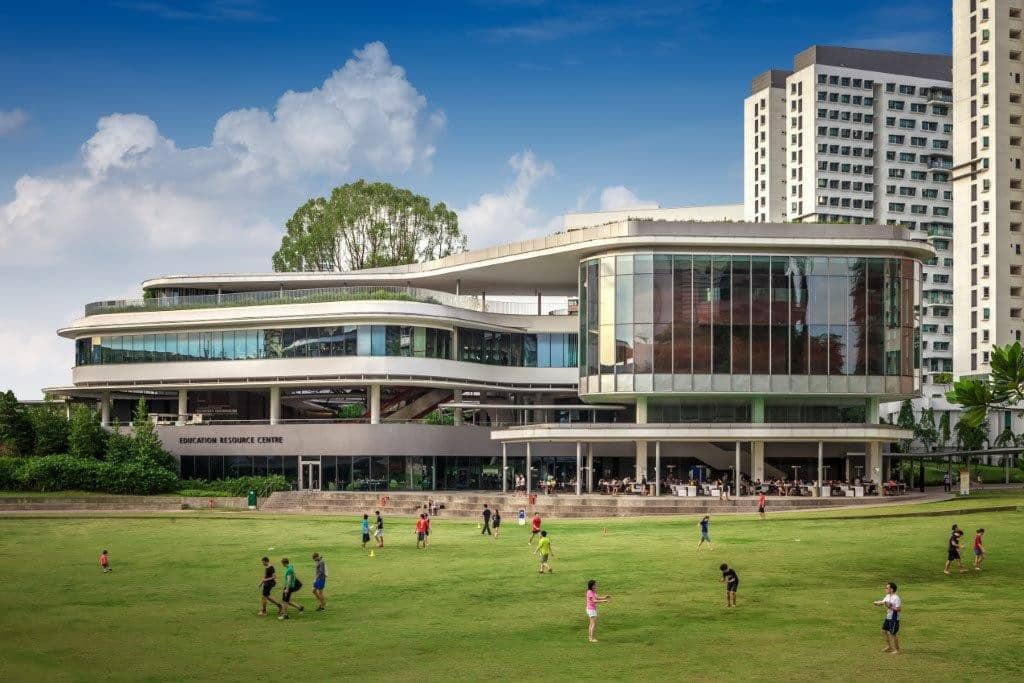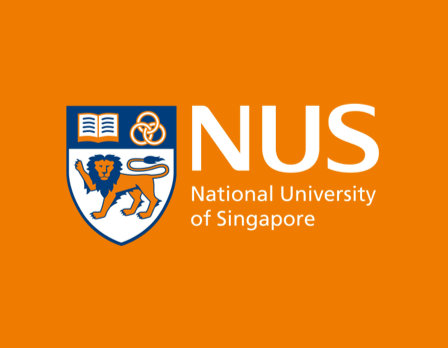Renowned for its commitment to innovation and the pursuit of excellence, the National University of Singapore believes every discipline holds the potential to create a profound and positive impact on society. Hence, Asia’s #1 university is not just open to those looking to explore the ever-so-topical subjects of science and technology; it also welcomes those keen on blending artistic brilliance with strategic leadership prowess.
To equip students with the knowledge and skills to solve real life problem in a complex world, NUS is transforming its educational model. The boundaries between disciplines are blur to ensure graduates can navigate today’s complex and ever-evolving professional landscape while pursuing their life’s calling. Each of its programmes was crafted with an eye towards the future. Two, in particular, are uniquely multifaceted.
They explore artistic excellence and encapsulate entrepreneurship and innovation while nurturing core strategic skills in administration and management. But what truly sets them apart is that no matter how focused on the arts, they also effortlessly prepare graduates to keep pace with changes driven by the rapid technological advancements of Industry 4.0.
Master of Music Leadership
Offered by the Yong Siew Toh Conservatory of Music (YST), the brand new Master of Music Leadership (MMusL) programme is targeted towards music professionals who are seeking to lead positive change in Singapore and beyond. Professionals who are actively engaged as performers, educators, ensemble directors, journalists, organisation leaders and more, benefit from the opportunity to develop critical thinking and vision to shape the future of the industry.
“The programme is designed to integrate closely with their professional pursuits, such as through reflective portfolios, capstone projects, self-directed learning and individual mentoring,” explains YST Vice Dean and Associate Professor Chan Tze Law. “We want students to be able to connect their learning in the MMusL with their ongoing professional missions.”

The Yong Siew Toh Conservatory of Music at NUS has 20 years of experience. Today, it is one of the world’s most distinctive music schools. Source: National University of Singapore
The curriculum is designed with the flexibility to encourage everyone to progress according to their unique artistic trajectory. A combination of music-focused courses in pedagogy, conducting and production with broader courses on leadership, business, critical thinking, research and contextual studies ensures graduates are equipped to excel in various settings, be it on stage, in the boardroom, or at the research podium.
“These endeavours all call for artistry — not only in terms of music-making but also in terms of being able to communicate, collaborate, envision, lead and inspire,” explains Professor Chan.
A wide range of opportunities enrich student’s learning journeys. As YST is situated within the National University of Singapore (NUS), MMusL students can enjoy access to its expansive research and professional networks, which extends across the arts, education, community, and various other sectors both locally and internationally. Students are also immersed in a vibrant calendar of year-round projects and events, where they can forge connections with like-minded individuals while gearing up to envision and create ever-new futures in the music industry and beyond.
Master of Arts in Arts and Cultural Entrepreneurship
The first of its kind to be developed and launched in the region, the Master of Arts (MA) in Arts and Cultural Entrepreneurship is truly interdisciplinary. It bridges the gaps between the subjects of arts and culture with entrepreneurship and management to nurture a new generation of arts and cultural leaders and innovators. It starts by covering the basics, ensuring all students have a solid understanding of what makes arts and culture so valuable in the first place.
“We live in a media-saturated world, but the media wouldn’t exist without high-quality creative content — this is where the arts and culture come in,” explains Senior Lecturer Dr. Rimi Khan. “Our students learn about the contribution of the arts and creativity to the wider cultural and media landscape. They think about culture as storytelling, identity and heritage.”
At the same time, the programme emphasises strategic thinking for entrepreneurs, prompting students to explore innovative ways of contributing value to the cultural and creative sectors, both individually and collaboratively. Essentially, it covers all angles. The curriculum explores arts and cultural policy, heritage, museum curation, and hands-on engagement in projects and events. It even delves into the intersection of art and the economy, examining how economic value can be harnessed for maximum cultural impact.

NUS is known for harmonising rigorous academics with a vibrant student experience. Source: National University of Singapore
Plenty of courses are specifically offered to foster innovation and creative business thinking among students, such as those in Approaches to Arts, Cultural Entrepreneurship or Arts Business. Of course, there are plenty of ways for them to put this knowledge into practice too, thanks to this MA’s rich industry connections with the arts and business world, NGOs and government. If they are not interning at one of these organisations, students can be found volunteering or visiting Singapore’s many creative centres.
Pair this exposure with a final semester that promotes Work Integrated Learning, and it’s easy to understand why this programme’s first batch of graduates are currently launching their own arts programmes and creative startups.
“One student is starting a sustainable fashion platform,” Dr. Khan shares with pride. “Another student, who was formerly a violin teacher, has just established her own music education business, using music as a tool to improve mental health and wellbeing.”
Inspired? To learn more about what the eighth-best university in the world can do for your multidisciplinary ambitions, click here.
Follow the National University of Singapore on Facebook, Instagram, X, LinkedIn, and YouTube











